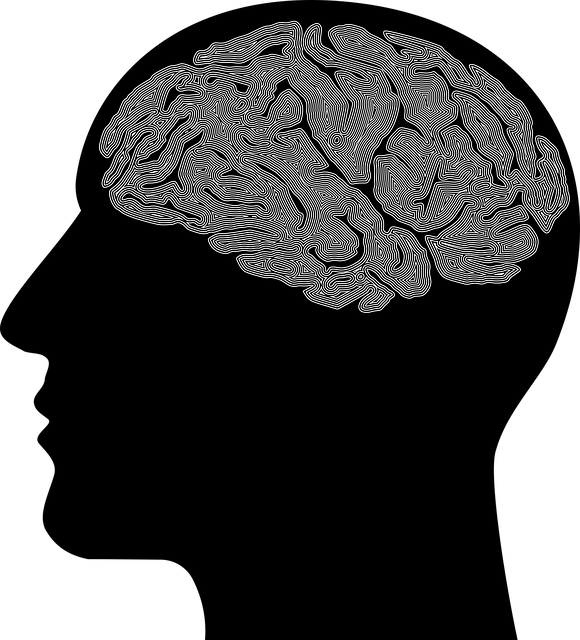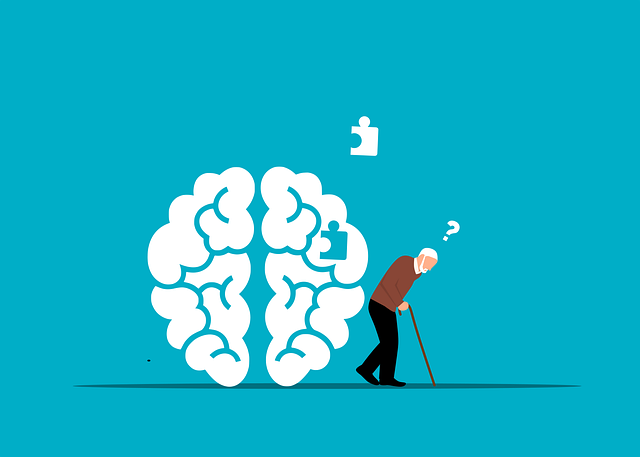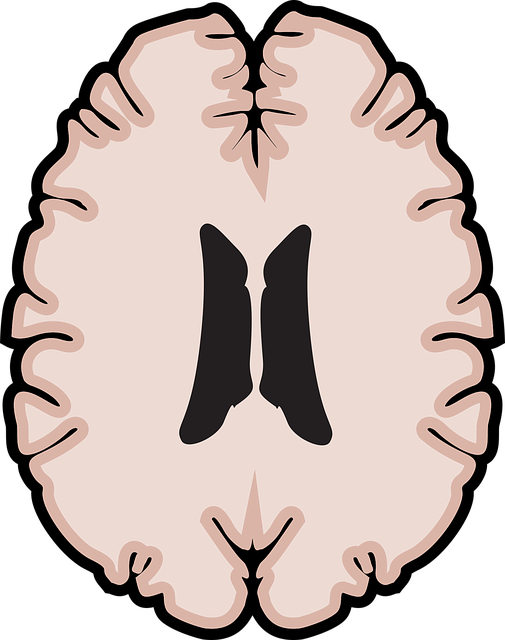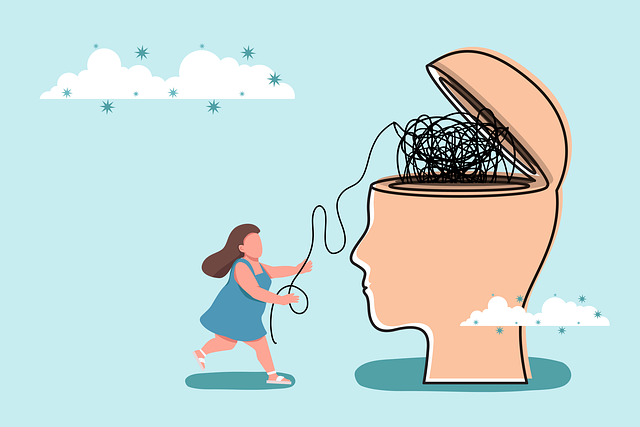Wheat Ridge Major Life Transitions Therapy emphasizes Emotional Intelligence (EI) as a cornerstone of navigating life's challenges, especially during transitions. By cultivating self-awareness and emotional regulation through practices like mindfulness meditation, individuals can manage their emotions effectively and interpret others' feelings perceptively. This leads to improved communication, enhanced empathy, stress reduction, and mental resilience, ultimately fostering healthier relationships and overall well-being. Wheat Ridge's tailored therapeutic programs focus on major life transitions, teaching coping strategies for thriving amidst changes, including job shifts, relationship transformations, and health crises.
Emotional intelligence (EI) is a powerful tool for enhancing well-being and navigating life’s challenges. This article explores the multifaceted aspect of EI, starting with its definition and profound impact on personal growth. We delve into practical strategies, such as identifying and managing emotions, fostering effective communication, and developing resilience through therapy for major life transitions in Wheat Ridge. By understanding these core pillars, individuals can unlock their emotional potential and thrive in various aspects of life.
- Understanding Emotional Intelligence and its Impact on Well-being
- Identifying and Managing Emotions: A Core Pillar of Emotional Intelligence
- Effective Communication: The Bridge to Understanding and Empathy
- Building Resilience and Adaptability through Therapy for Major Life Transitions in Wheat Ridge
Understanding Emotional Intelligence and its Impact on Well-being

Emotional intelligence (EI) refers to an individual’s ability to recognize, understand, and manage their own emotions, as well as perceive, interpret, and respond appropriately to others’ emotional states. This isn’t merely about feeling emotions; it’s about understanding them, using that knowledge to guide your actions, and effectively communicating those feelings to others. In the context of Wheat Ridge Major Life Transitions Therapy, EI plays a pivotal role in navigating challenging situations, fostering healthier relationships, and promoting overall well-being.
Building emotional intelligence involves adopting Mind Over Matter principles, which emphasize the power of conscious thought over instinctual reactions. This can significantly contribute to Mental Illness Stigma Reduction Efforts by encouraging individuals to view emotions as manageable aspects of human experience rather than signs of weakness or dysfunction. Regular practices like mindfulness meditation have been shown to enhance EI by improving self-awareness and empathy, enabling individuals to better regulate their emotional responses and interact more effectively with others in stressful situations.
Identifying and Managing Emotions: A Core Pillar of Emotional Intelligence

Emotional intelligence (EI) is built upon a strong foundation of self-awareness and emotional regulation—essential skills to cultivate throughout life’s various stages, especially during major life transitions, as offered by Wheat Ridge Major Life Transitions Therapy. Identifying and managing one’s emotions are core pillars of EI development. This involves recognizing feelings as they arise, understanding their intensity, and differentiating between them. By naming and acknowledging emotions, individuals can begin to explore the root causes, whether it’s a specific trigger, past experience, or underlying need.
Effective emotion management includes regulating intense feelings in healthy ways. It’s about learning to respond rather than react impulsively, which can be achieved through various strategies like deep breathing, mindfulness exercises, or seeking support from mental health professionals. This process is crucial for maintaining relationships and making sound decisions, especially in culturally diverse settings where understanding cultural sensitivity in mental healthcare practice is paramount. Enhancing emotional intelligence fosters better communication strategies, enabling individuals to express themselves authentically while considering the feelings of others.
Effective Communication: The Bridge to Understanding and Empathy

Effective communication is a cornerstone of emotional intelligence and plays a pivotal role in navigating life’s challenges, especially during major transitions. In the context of Wheat Ridge Major Life Transitions Therapy, therapists emphasize that honing communication skills can significantly enhance clients’ ability to express their feelings, understand others’ perspectives, and build strong, supportive relationships. This bridge to understanding and empathy is crucial for managing emotional responses to stressful situations, fostering a sense of belonging, and promoting healing.
By practicing active listening, clear expression of thoughts and emotions, and empathetic response styles, individuals can not only improve their personal relationships but also contribute to depression prevention and mental illness stigma reduction efforts. Moreover, self-esteem improvement is closely tied to effective communication as it allows people to assert their needs, set boundaries, and engage in constructive conflict resolution—all essential aspects of emotional intelligence development.
Building Resilience and Adaptability through Therapy for Major Life Transitions in Wheat Ridge

In Wheat Ridge, therapy for major life transitions plays a pivotal role in building resilience and adaptability. These therapeutic interventions are designed to help individuals navigate significant changes such as job shifts, relationships ending or beginning, and health crises with grace and equanimity. Through mental health education programs tailored to these transitions, clients gain valuable tools for stress management, emotional regulation, and coping strategies. The goal is not just to survive but to thrive amidst life’s challenges.
Therapy in Wheat Ridge focuses on fostering mental wellness by integrating coaching programs that promote mood management and overall psychological flexibility. These programs are developed with an understanding that major life transitions can significantly impact one’s mental health and well-being. By addressing these changes proactively, individuals can build a stronger foundation for resilience, enabling them to face future challenges head-on.
Emotional intelligence is a powerful tool for enhancing well-being, fostering empathy, and navigating life’s transitions. By understanding and managing emotions, effective communication skills become more accessible, allowing individuals to build resilience during major life changes in Wheat Ridge or any other setting. Embracing these principles can revolutionize personal growth and relationships, making therapy for major life transitions a valuable investment in one’s future happiness and fulfillment.








